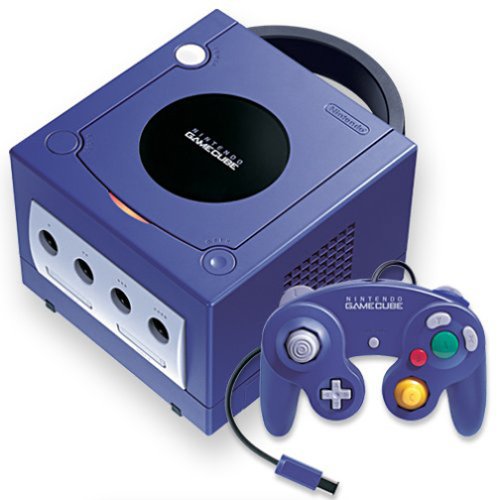RolStoppable, you are cordially invited to a debate with me. (Other users may also post of course!)
I want you to answer this little question, and I want to get to the bottom of the Gen 5 failure with you. I've been mulling over it all day and want to get it off my chest.
First question.
Since the Playstation, a new entry in the market, managed to boot Nintendo off the throne within the Red Market, using Red Market strategy, why did it work? Why did Red Ocean strategy work for Sony, and what did Nintendo do wrong for its Red Ocean strategy to fail? (since they obviously went Red Ocean)
For this answer, do not tell me they should have gone Blue Ocean, we'll discuss that as a separate issue, since truth is, the outcome could have been much different even with just a Red Ocean strategy.
Ultimately this will lead to many other questions (for later), such as:
Is the Blue ocean strategy for gen5 mostly visible in Hindsight?
What were the risks involved in going Blue Ocean? Can it fail? (of course the answer is yes) When it fails is it still called blue ocean, or an abomination?
What about the risk of losing Red Ocean marketshare by going Blue Ocean?
And ultimately, why was the N64 an abomination? Why is it not just a failed Red Ocean attempt? Why was the Cube not just a failed Blue Ocean attempt? (related post @abomination)
Rol, feel free to relegate me to your prior posts, but do post the argument related to what I need to look at.
























































